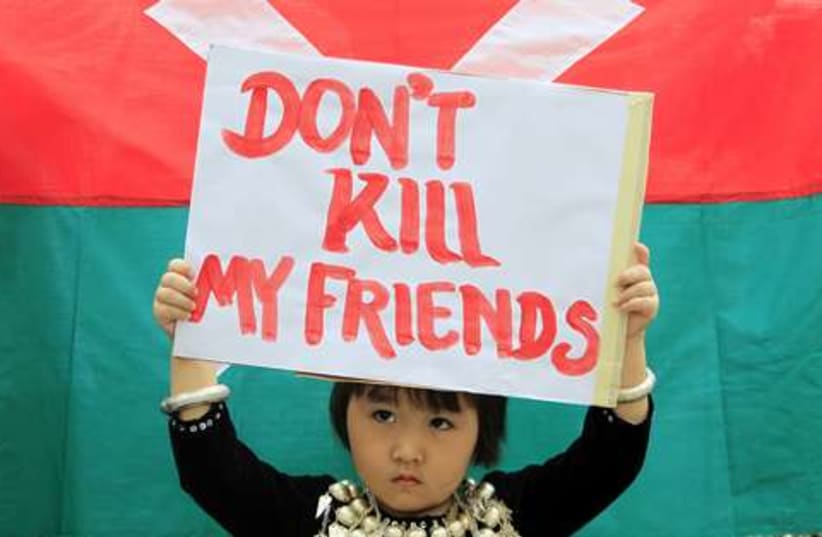High Court to hide its decision on Israel arms sales to Myanmar
The debate at Tuesday’s hearing centered on whether the court had the authority to intervene in the area of arms sales – usually regarded as a national security and foreign affairs issue.
